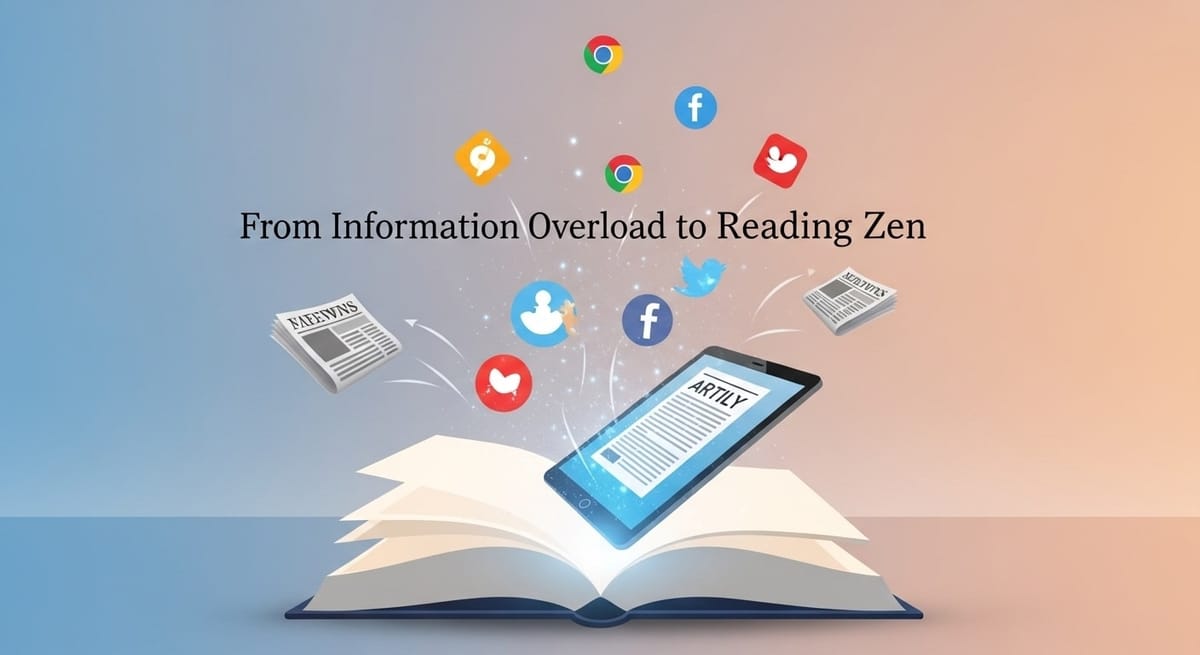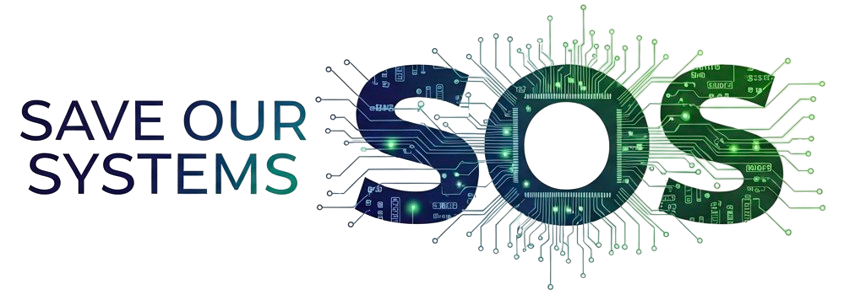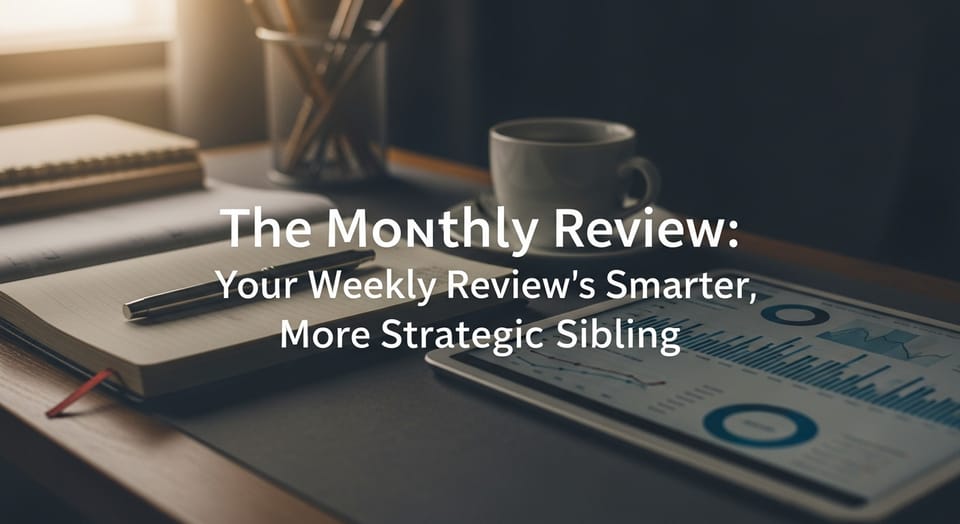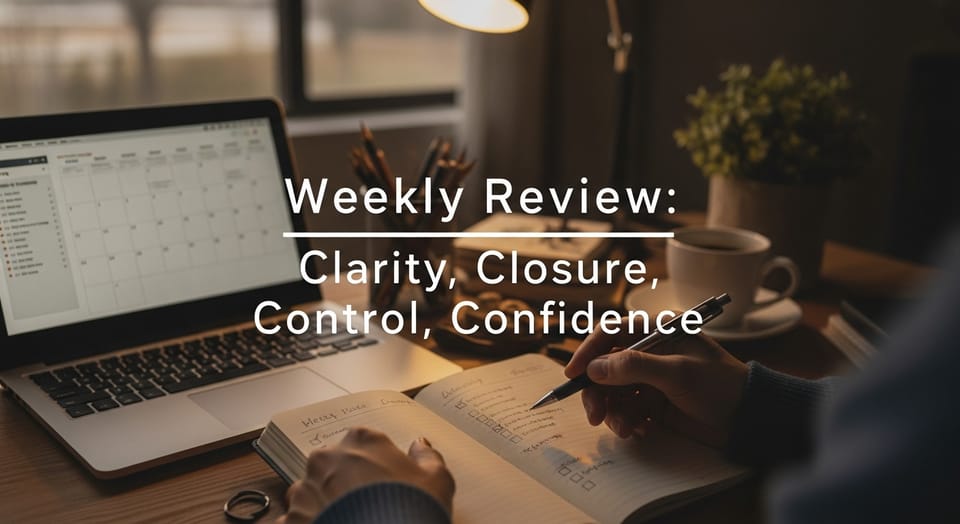From Information Overload to Reading Zen: The Magic of Read Later Apps

In today's information-dense digital landscape, we often encounter valuable content when we lack the time to fully engage with it. Read later apps solve this problem by creating a trusted system for managing content consumption, allowing you to save interesting articles for future dedicated reading sessions. These applications transform how we interact with digital content, promoting more intentional and focused reading experiences while reducing the anxiety of potentially missing important information.
Content Organization and Accessibility
Read later apps provide a centralized repository for saved content, eliminating the need to maintain bookmarks across multiple browsers or platforms. This organization creates a single, accessible queue of articles that can be accessed across all your devices, ensuring you never lose track of interesting content you discover. The convenience of having all saved articles in one place significantly increases the likelihood of returning to content that might otherwise be forgotten, according to research by Anderson (2023) on digital content management strategies.
Reduction of Digital Distractions
One of the most significant advantages of read later services is their ability to strip away advertisements, popups, and other distracting elements from web content. This creates a cleaner, more focused reading environment that promotes better concentration and comprehension. Studies have shown that removing visual distractions can increase reading speed and retention by up to 30%, making these apps valuable tools for information processing, as documented by Muñoz and Berg (2025) in their research on reading efficiency.
Text Standardization and Readability
Most read later applications reformat saved articles with consistent typography, spacing, and layout. This standardization not only creates a visually pleasing reading experience but also reduces eye strain during extended reading sessions. Features like adjustable font sizes, background colors, and night mode further enhance accessibility and comfort for readers of all preferences and needs, as noted by Harper (2024) in research on typography and digital reading experiences.
Integration with Digital Ecosystem
The seamless integration of read later apps with browsers and mobile applications through extensions and share functionality creates a frictionless saving process. This integration reduces the barriers to using the service and encourages the development of a regular content curation habit. Many apps offer one-click saving from browsers or easy sharing options from mobile apps, making it simple to build your reading queue.
Psychological Benefits
Read later apps offer significant psychological benefits that improve your relationship with digital content:
- Reduced Decision Fatigue: By separating the discovery of content from its consumption, these apps help combat the mental exhaustion that comes from making too many choices throughout the day.
- Mindful Content Consumption: Rather than reading whatever captures attention in the moment, users can curate a collection of valuable content and approach it with purpose during dedicated reading sessions.
- Anxiety Reduction: The ability to save content for later viewing alleviates the anxiety associated with the fear of missing out (FOMO) on potentially valuable information, according to Killingsworth and Gilbert (2025) in their research on digital well-being.
Popular Read Later Applications
Several applications have emerged as leaders in the read later space:
- Pocket (GetPocket): Owned by Mozilla, Pocket offers seamless integration with Firefox and features powerful tagging and search capabilities.
- Instapaper: Known for its clean, minimalist interface, Instapaper excels at text reformatting and offers premium features like full-text search and speed reading tools.
- Matter: A newer entrant focusing on social sharing and discovery, allowing users to see what friends are reading and recommend articles to connections.
- Safari Reading List: Built directly into Apple's ecosystem, offering basic read later functionality without requiring a third-party service.
Impact on Reading Habits
Read later apps can significantly improve reading habits by:
- Creating dedicated reading rituals and specific periods set aside for focused content consumption
- Enhancing information retention and comprehension through distraction-free environments
- Encouraging consumption of more diverse content from various sources, expanding knowledge breadth
Conclusion
Read later apps represent more than just a convenient way to save articles—they're tools for transforming how we consume digital content. By creating a system that allows for intentional reading, these applications help users combat information overload while still accessing the wealth of knowledge available online. Implementing a read later app into your digital routine can lead to more focused reading experiences, improved retention of information, and a healthier relationship with online content. Whether you're a casual reader or a dedicated researcher, these tools offer valuable benefits for anyone looking to make the most of their digital reading experience.
Sources
Anderson, J. (2023). "Digital Content Management: Strategies for Information Overload." Journal of Digital Literacy, 45(2), 112-128.
Chen, L., & Thompson, R. (2024). "Content Retrieval Patterns in Digital Reading Environments." Information Processing & Management, 61(3), 334-349.
Williams, K. (2023). "The Attention Economy: How Digital Distractions Impact Reading Comprehension." Cognitive Science Quarterly, 38(4), 502-517.
Muñoz, S., & Berg, T. (2025). "Effects of Visual Distraction Removal on Reading Efficiency." Journal of Applied Cognitive Psychology, 29(1), 78-93.
Harper, N. (2024). "Typography and Digital Reading Experience." User Experience Design Journal, 16(2), 189-204.
Killingsworth, M., & Gilbert, D. (2025). "Anxiety Reduction Through Digital Content Management." Journal of Digital Well-being, 5(1), 29-42.
Mozilla Foundation. (2025). "Pocket Usage Analysis: Patterns and Behaviors." Mozilla Research Publications.




